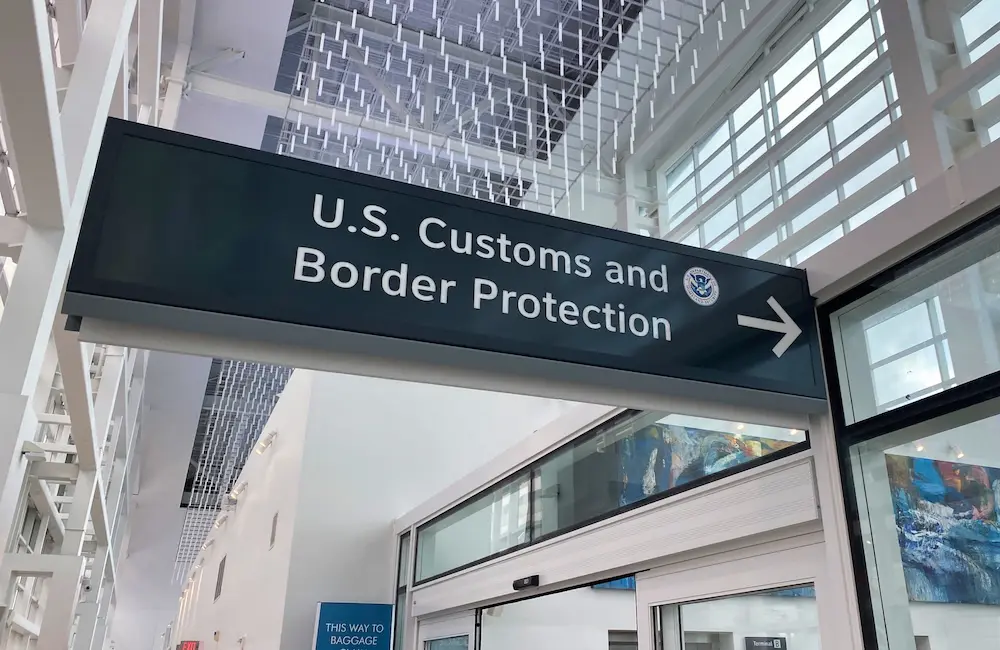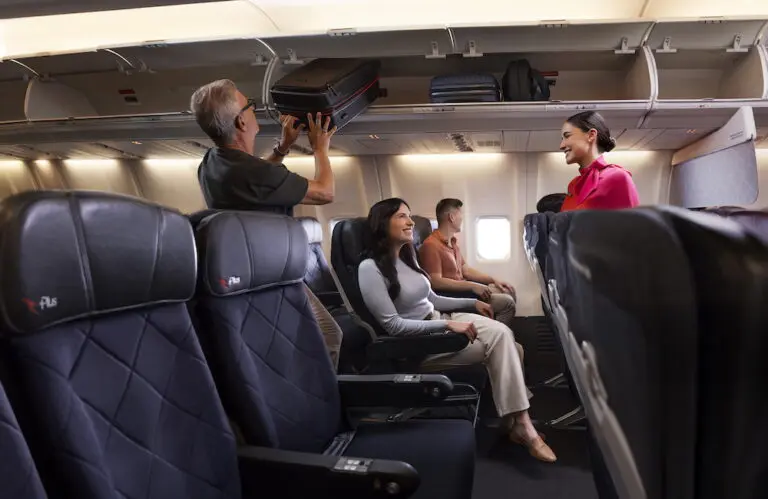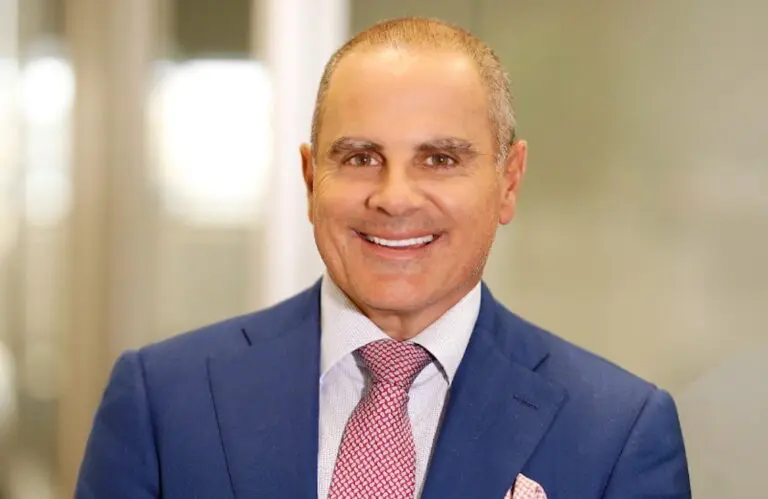No one can predict what will happen to US-bound travel (or possibly even global movement) following US President Donald Trump’s announcement of broad 10% tariffs on numerous nations – including Australia. But for now, at least, it appears that the new tariffs won’t have a direct impact on American tourism.
Speaking to Karryon, Australian Travel Industry Association (ATIA) CEO Dean Long says the tariffs likely won’t apply to services or people.
“We’ve had some chats overnight. We’ve spoken to our colleagues in the US and Canada about the taxation arrangements on services – and from what we’ve all been able to ascertain, these [tariffs] are on goods only – services and people have not been part of any tariffs,” he says.
“The focus of the administration is their attempt to rebuild their industrial base. So there’s not a direct tariff on our services, which is really good.”
However, Long tempers the optimism (or hope?) with a caveat that things could still change, saying there was a lot of “uncertainty” in the air.
“[The US] hasn’t ruled it out; they just have said that tariffs won’t apply [to services].”

Instead, Long says ATIA will be focusing on where Aussie consumer confidence lies.
“[The exemption] is a good thing for the industry, but we do know that with any increase in tariffs, there will be a corresponding removal of some level of capital out of the economy, and that could lead to less money to spend on travel. So that’s the only item we’re watching carefully.”
Tariffs could also drive up American costs, making the US pricier for tourists.
Long’s words echo a letter from ATIA Director of Public Policy & Advocacy Ingrid Fraser to the association’s members, seen by Karryon.
“We have received a briefing from the Trade Minister’s office on the impacts on the travel industry. At this stage, it is understood that the 10% base will apply to goods and not services or people,” the letter reads.
“There has been some suggestion that the US was considering this but the mechanism for doing so is unclear, so an announcement has not been made.
“We will continue to monitor developments, and have follow up discussions with the Trade Minister’s office.”
Increased inspections

Unfortunately, Trump’s tariffs aren’t the only question marks hanging over tourism to the US right now, with reports indicating that visitors face tougher inspections at airports and border crossings.
These heightened security measures have led to instances where travellers, including those from “low-risk” nations like Australia, Canada and the UK, have been detained or denied entry despite holding valid visas.
Among the increased measures are searches of travellers’ phones and devices.
According to The Guardian, a French scientist was recently denied US entry after border agents found anti-Trump messages on his phone.
In a more serious case, Welsh backpacker Becky Burke was held in a detention facility for three weeks after being stopped at the Canada/US border.
Meanwhile, A Canadian actor says she was handcuffed, moved out of state and held for weeks in “inhumane” US detention – despite facing no charges, according to media reports.
Aussie advice
With this increased scrutiny in mind, the Australian Government recently (4 April) updated its travel advice for US-bound Aussies.
“Entry requirements are strict. US authorities have broad powers to decide if you’re eligible to enter and may determine that you are inadmissible for any reason under US law,” the government’s Smartraveller website states.
“Check US entry, transit and exit requirements. Whether you’re travelling on a visa or under the Visa Waiver Program, ensure you understand all relevant terms and conditions before attempting to enter the United States.”
It also says travellers could be detained if denied entry.
“If you don’t satisfy US Customs and Border Protection (CBP) officials at your port of entry that you’re entitled to be admitted under the VWP, you may be denied entry and detained,” it states.
The updated warning includes new advice for Australia’s LGBTQIA+ community.
“Although Australian passports comply with international standards for sex and gender, we can’t guarantee that a passport showing ‘X’ in the sex field will be accepted for entry or transit by another country,” it says.
American antipathy?

Then there’s growing anti-US sentiment, which shouldn’t be underestimated. Tourism Economics now expects US international arrivals to fall almost 10% this year – nearly double its earlier 5% forecast. This fall is likely to be led by the US’s biggest tourism market, Canada.
Since Trump’s 25% tariffs on Canadian goods, cross-border car travel has dropped by up to 45% at some points, The Conversation reported. With demand down, Air Canada will cut flights to US spots like Las Vegas from March. Moreover, a March Leger poll found 36% of Canadians cancelled planned US trips. Bookings on Canada-US routes are now down over 70% year-on-year, says aviation analyst OAG.
Meanwhile, in an Australian Financial Review poll, nearly two in three respondents said Trump’s border and diversity policies made them less likely to visit the US.
“The world is poised on the brink of both a major economic recession and uncontrolled war escalations,” one respondent said.
“It is the worst time in my 75 years on this planet, and I am fearful of the future to an unequalled extent in my normally optimistic mindset.”
What the numbers say

According to the United States International Trade Administration website, visitation from Australia didn’t slow in the first three months after President Trump was elected.
From December 2024 to February 2025, Aussie visitation rose slightly each month year-on-year.
Globally, excluding Canada and Mexico, international visitation dropped slightly in December 2024 and January 2025 but was marginally up in February y-o-y.
Watch this space over the coming months. It’ll be hard to look anywhere else.
For more US tourism data, visit www.trade.gov.
The US Travel Association, the peak body representing the travel and tourism industry in the United States, recently released a report urging immediate reforms to prepare for upcoming mega-events like the 2026 FIFA World Cup, the 2028 Olympic Games and America’s 250th anniversary. Read more about that here.







